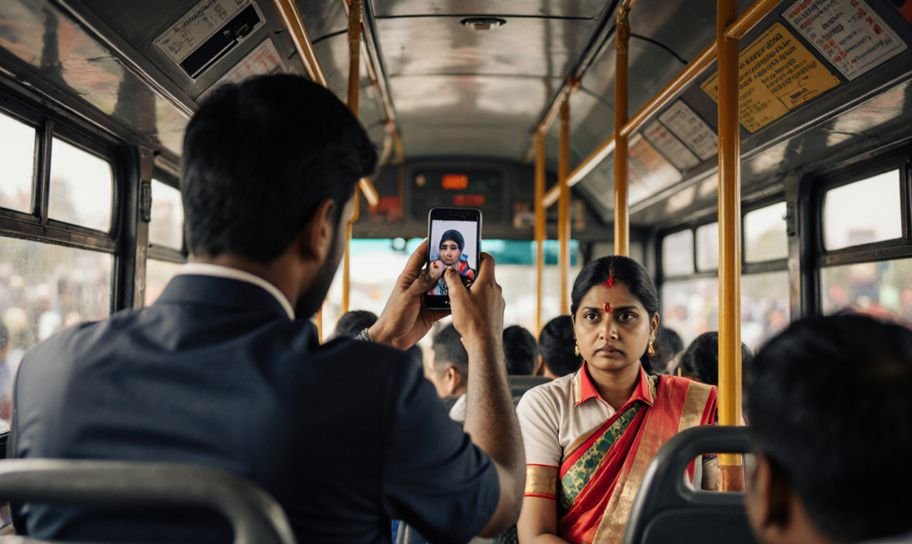
In a recent decision, the High Court has ended a case involving serious accusations after the people involved reached an agreement. Here's what happened.
Kadari Dilip Yadav, a 30-year-old unemployed resident of Mamidipally village, was accused of some serious crimes. The charges included sections related to rape, assault with intent to undress a woman, secretly watching someone without their consent, and threatening someone to scare them.
According to the prosecution, Yadav allegedly followed and bothered Baireddy Ratna Kumari, a TSRTC conductor. He reportedly took inappropriate photos of her on the bus and used them to blackmail her. The accusations also included forcing her into sexual acts and taking money from her. When she blocked his number, he allegedly told her husband about their supposed relationship. This led to a police report being filed on February 7, 2020.
During the petition, both parties decided to settle the matter peacefully. They filed applications to record the agreement and asked the court to end the case. The court referred them to the High Court Legal Services Committee to make sure the settlement was voluntary.
"The parties have willingly and without pressure entered into settlement/agreement," reported the Legal Services Committee.
Justice N. Tukaramji considered the nature of the charges, the ages of the people involved, and the settlement. Referring to past cases like Gian Singh v. State of Punjab, the court decided that ending the case would be fair.
"This Court finds it suitable to restore peace between the parties," stated the judgment.
With the court's decision on August 22, 2025, the case against Yadav in the Special Sessions Court has been ended. This case highlights the complexities of legal proceedings and the potential for resolution outside of court.
In the words of Justice N. Tukaramji, ending the case was seen as a way to ensure justice while respecting the agreement made by both parties.